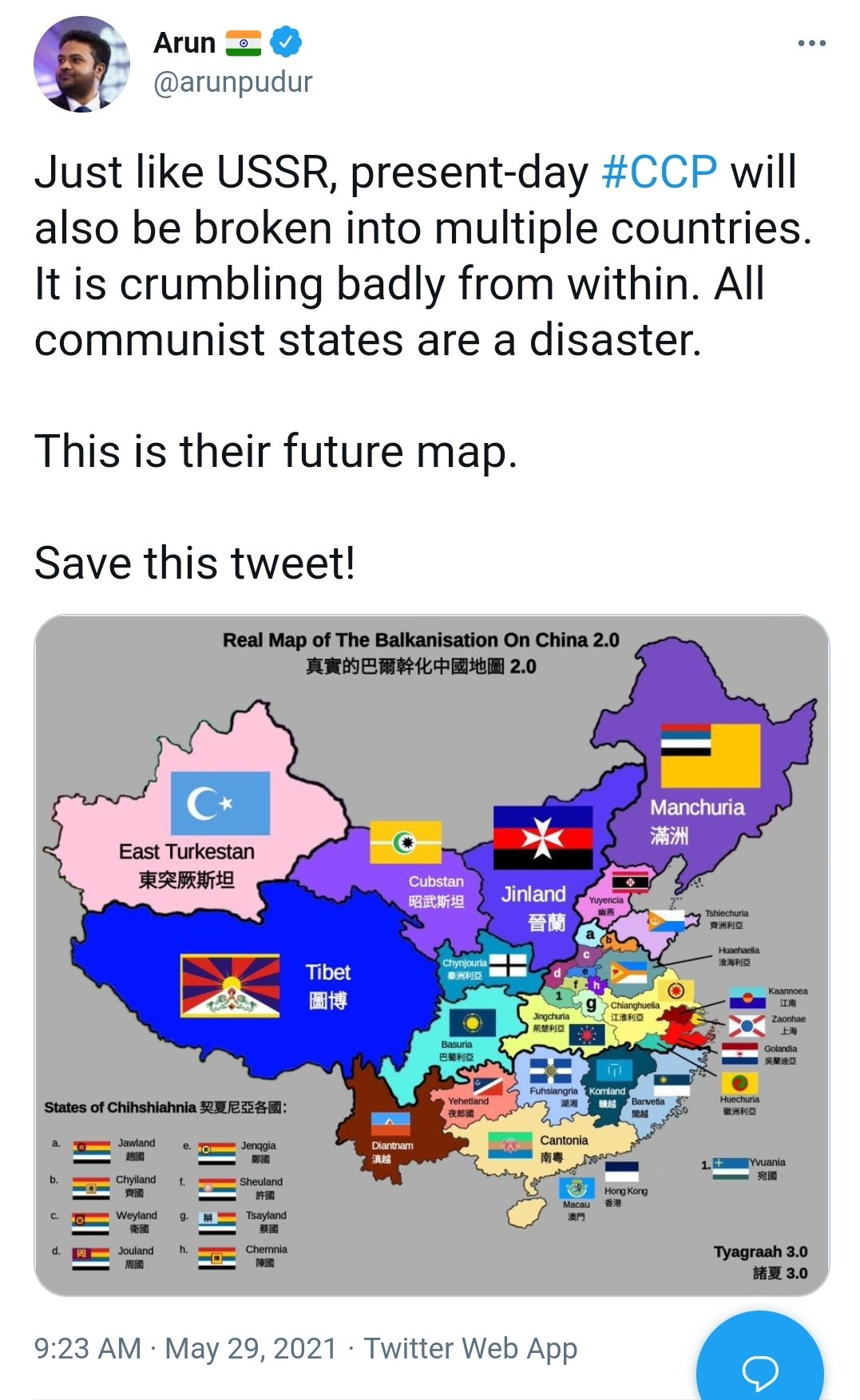the_dunk_tank
It's the dunk tank.
This is where you come to post big-brained hot takes by chuds, libs, or even fellow leftists, and tear them to itty-bitty pieces with precision dunkstrikes.
Rule 1: All posts must include links to the subject matter, and no identifying information should be redacted.
Rule 2: If your source is a reactionary website, please use archive.is instead of linking directly.
Rule 3: No sectarianism.
Rule 4: TERF/SWERFs Not Welcome
Rule 5: No ableism of any kind (that includes stuff like libt*rd)
Rule 6: Do not post fellow hexbears.
Rule 7: Do not individually target other instances' admins or moderators.
Rule 8: The subject of a post cannot be low hanging fruit, that is comments/posts made by a private person that have low amount of upvotes/likes/views. Comments/Posts made on other instances that are accessible from hexbear are an exception to this. Posts that do not meet this requirement can be posted to [email protected]
Rule 9: if you post ironic rage bait im going to make a personal visit to your house to make sure you never make this mistake again
view the rest of the comments

Except unlike China the USSR was actually consciously structured as a union of separate nations which were able to break apart with some degree of continuity. China has probably had a majority of its modern land mass since like 1000 AD. Outside of the East Turkestan movement and Tibet, are there even movements within China that would even want to form a separate nation?
PRC likes doing this X autonomous region/prefecture thing for their minorities and makes conscious effort to preserve their language and culture. Maybe that could be construed as a union of separate nations?
I think that's on the level of like saying that the different native reservations in the USA would become separate states. Except not really because the Autonomous regions actually have significantly more autonomy than the reservations do.
Shouldn't that encourage separatism?
Not usually. The more autonomous a nation(I'll say for simplicity's sake) is to operate within a state while benefiting from the state, the less likely it is to want to separate. There are a lot of costs associated with being a state, so the advantages of separation are very small compared to the disadvantages.